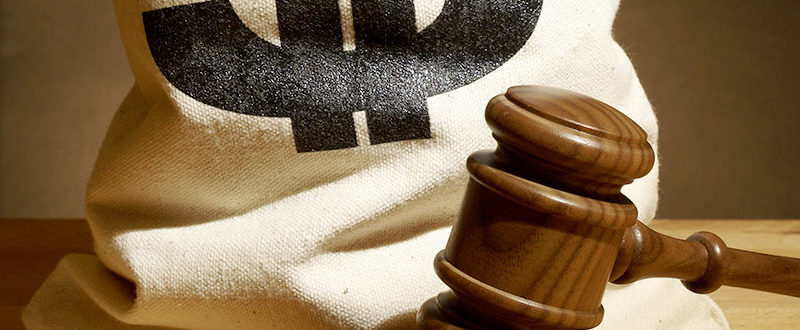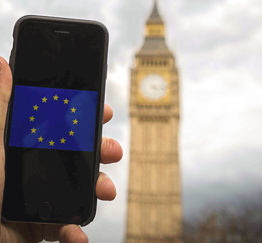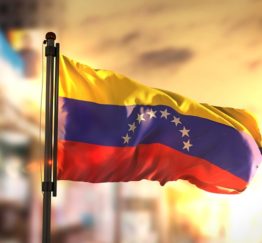French financial services company BNP Paribas, (named the fourth largest bank in the world by Bloomberg and Forbes), has set a record we’re certain they’d gladly relinquish to someone else if only they could.
They’ve been ordered to pay a fine of nearly $9 billion over alleged U.S. sanctions violations (something that an OFAC Screening process combined with a country export license system could have prevented). The fine amounts to the largest penalty ever inflicted upon a European bank by the Office of Foreign Assets Control (OFAC). For those keeping score, the previous top dog was HSBC, who paid a $1.97 billion fine for money laundering and helping clients evade U.S. sanctions.
A spokesperson for BNP says they have “improved control processes to ensure mistakes do not occur again.” One would hope so. Investigations into BNP’s operations revealed billions of dollars of sanctions-violating transfers relating to Sudan between 2002 and 2009. It is mind-boggling to imagine what sort of compliance processes were in place during those years. Under the terms of the settlement about a dozen employees will be leaving the bank, while others will receive disciplinary action. The nature of the disciplinary action is unknown, but it’s a wonder how the punishment could possibly fit the crime when such a large amount of money is involved. To put this fine into perspective: BNP’s pre-tax income in 2013 was approximately $11.2 billion.
BNP will be suspended from clearing US dollar transactions for up to one year, however the ban is not set to go into effect for at least six months. This way, BNP clients have time to sort out other arrangements for themselves and won’t be punished for their bank’s transgressions. Meanwhile, the French government is understandably worried about the impact of the settlement on the French economy. French President Francoise Hollande entreated U.S. President Obama to ensure a “fair” penalty, while French diplomats have lobbied both the State Department and the U.S. Treasury. It’s BNP’s chief executive Jean-Laurent Bonnafe who has been best able to look on the bright side, telling The Guardian in what has to be the most optimistic statement of the year: “It will enable us to remove the current uncertainties that are weighing on our group. We will be able to put behind us these problems, which belong to the past.”
At the very least, BNP’s “past” should remind us all that OFAC doesn’t fool around when it comes to sanctions violations. It’s a reminder to all financial institutions to stay on top of compliance processes and personnel in their own organizations, upon whom so much depend.
After all, not everyone can afford a $9 billion lesson.





